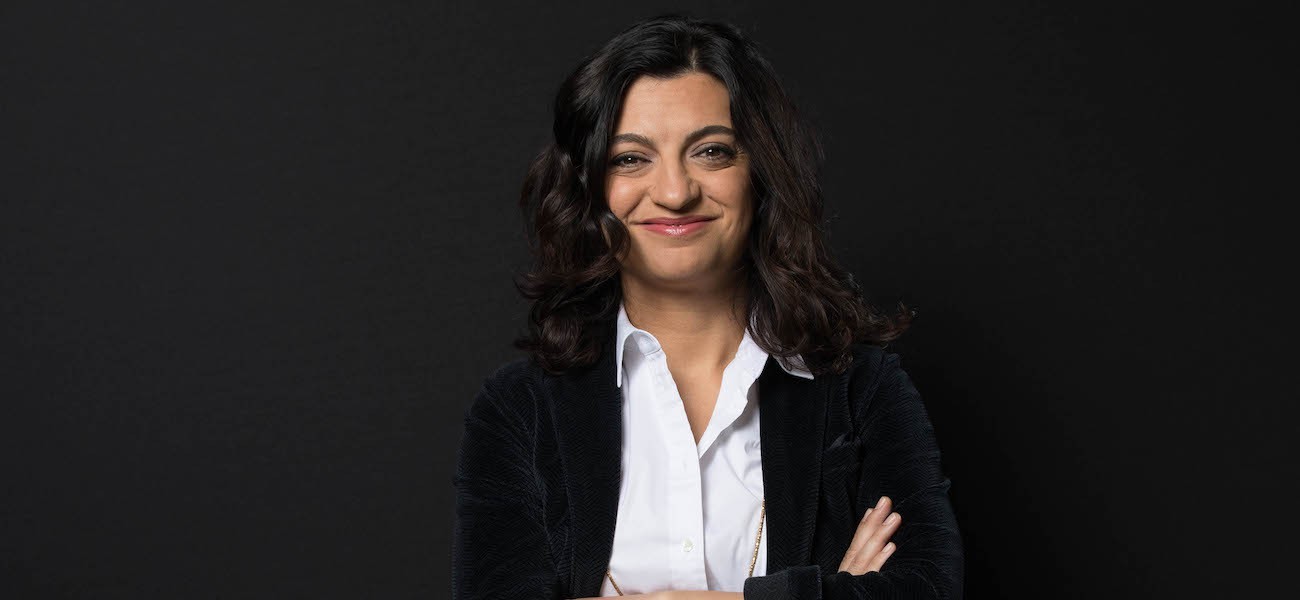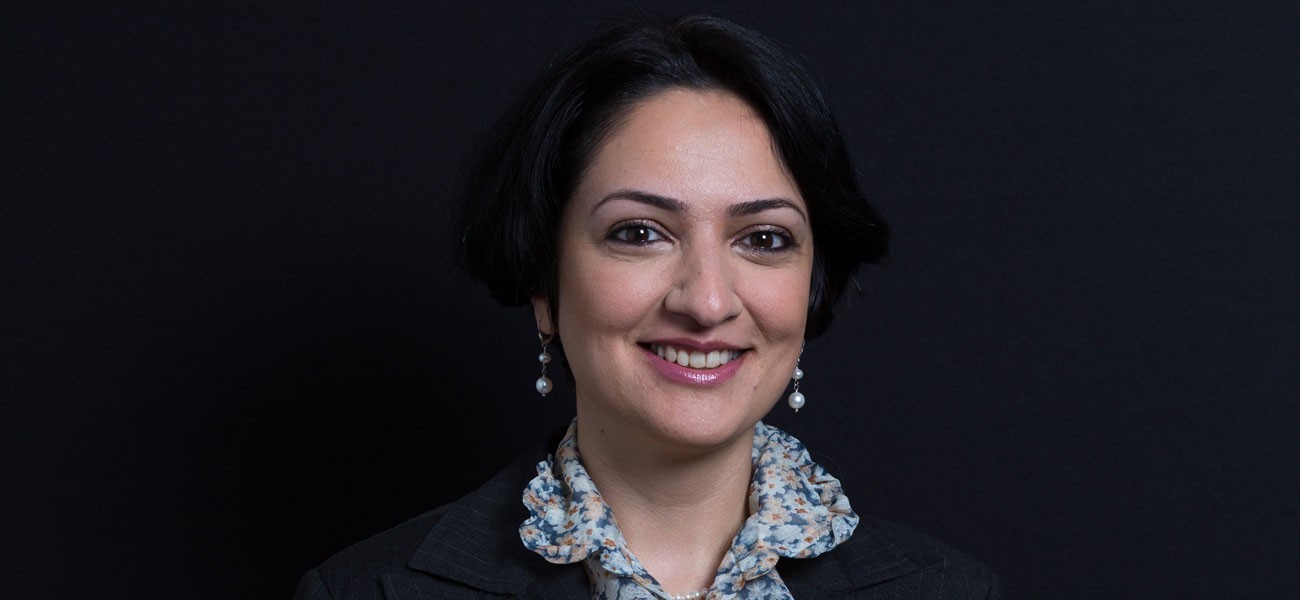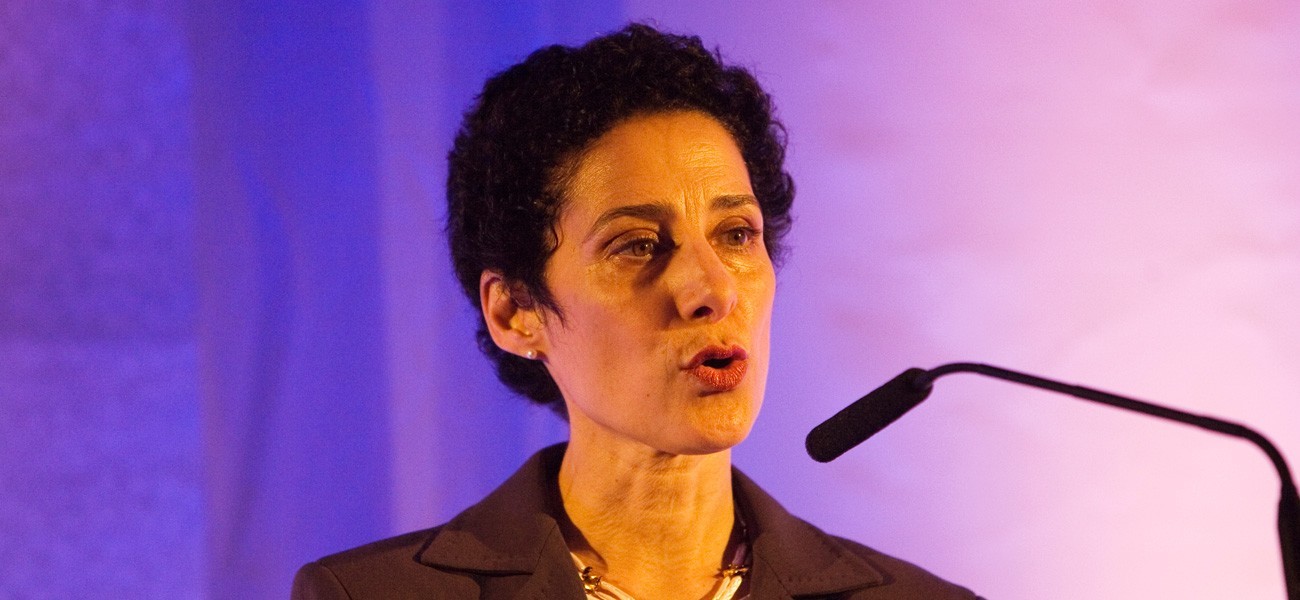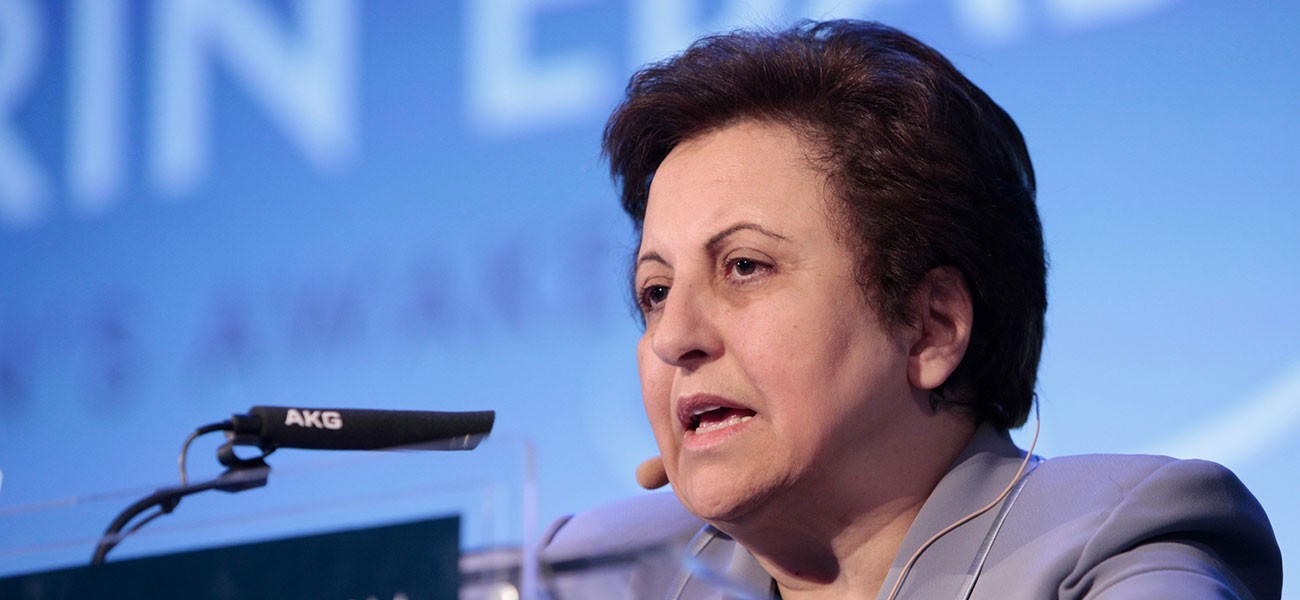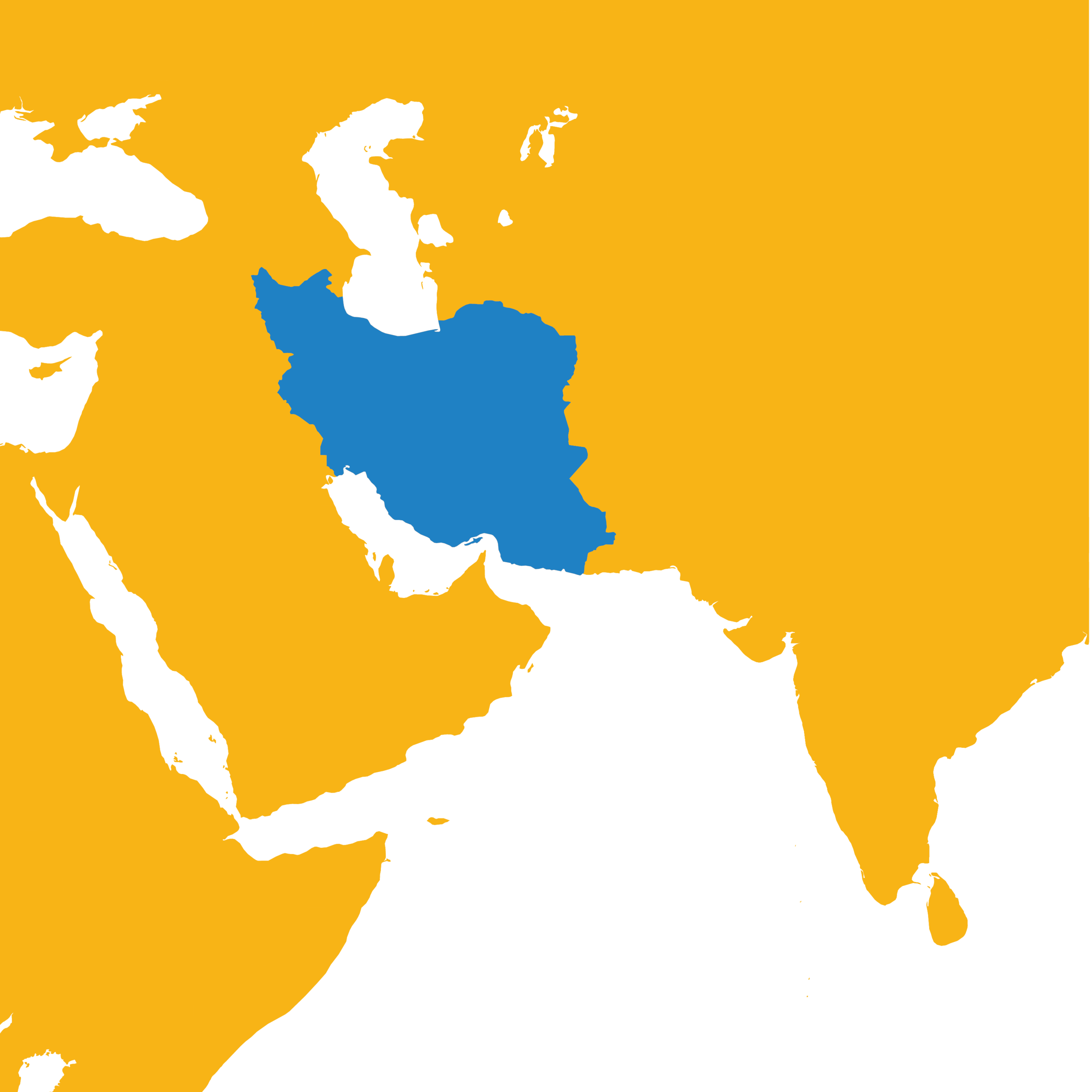Iran, known as Persia until 1935, became an Islamic republic in 1979 when the monarchy was overthrown. Clerics assumed political control under supreme leader Ayatollah Ali Khomeini.
According to the 1979 Constitution, Iran’s political system combines elements of a parliamentary democracy with theocracy, comprised of interconnected governing bodies. However, the Constitution vests the powers of the legislative, judicial, and executive branches under the supervision of the Supreme Leader. Essentially, the Islamic Republic is ruled by the Supreme Leader, who is the head of state and, as the highest ranking political and religious authority, he exerts complete ideological and political control over the nation.
ISLAMIC CONSULTATIVE ASSEMBLY PARTY REPRESENTATION
Ayatollah Khamenei succeeded Ayatollah Ruhollah Khomeini, father of the Iranian Revolution, as Supreme Leader after his death in 1989. In this post, he is responsible for the delineation and supervision of the general policies of Iran, meaning he controls the nation’s domestic and foreign policies. Additionally, the Supreme Leader is commander-in-chief of the armed forces and dictates all matters of foreign and domestic security and intelligence operations.
Any supposedly democratic elements in the political system remain hypothetical at best. As Supreme Leader, Khamenei has the power to elect six of the twelve members of the Guardian Council, which is charged with interpreting the Constitution of Iran and approving candidates to the Assembly of Experts and the office of the presidency. In effect this means that Khamenei has substantial influence over who runs for president. The Council categorically rejects liberal and leftist candidates and plays a central role in allowing a singular interpretation of Islamic values to inform Iranian law.
CAPITAL: TEHRAN
OFFICIAL LANGUAGE: PERSIAN
GOVERNMENT DE JURE: ISLAMIC REPUBLIC
GOVERNMENT DE FACTO: THEOCRATIC PRESIDENTIAL REPUBLIC
SUPREME LEADER: AYATOLLAH ALI KHAMENEI
IN POWER SINCE: APPOINTED FOR LIFE IN JUNE 1989
PRESIDENT: HASSAN ROUHANI
IN POWER SINCE: JUNE 2013
Although Iran elected the quasi-moderate candidate Hassan Rouhani as president in 2013, the election had no positive impact on the human rights situation. Contrary to his campaign promises, in which Rouhani pledged to take a stand for greater respect of civil and political rights, there has been no notable changes to the situation during his presidency. Although the president is the second highest ranking official in Iran, his true power remains very limited; there are key areas in the nation’s power structure over which he exerts little to no control, mostly areas responsible for setting economic policies.
Human rights abuses are widespread.
EXECUTIONS, FREEDOM FROM TORTURE, AND INHUMAN TREATMENT
Executions remain the primary form of punishment in Iran. While most of the executions are carried out in prisons, some are still performed in public. Offenses such as insulting the Prophet, drug-related offenses, and adultery are punishable by death according to Iranian law. As a result, between 200 and 440 individuals convicted of these crimes were executed in 2016 alone.
Reports further reveal that Iran continues to execute juvenile offenders. In 2016, 19-year-old Hassan Afshar was hanged in prison after being convicted of “lavat-e be onf,” or forced male to male anal interncourse. Afshar was arrested at the age of 17 and, after a rushed trial without access to a lawyer, and was sentenced to death just two months later.
International law, including the Convention on the Rights of the Child (ratified by Iran), prohibits the use of capital punishment for offenses committed by children, defined as any human being below the age of 18. Iranian law directly contradicts this obligation, as Article 91 of Iran’s Penal Code permits the execution of juveniles if judges deem the individual to be mature enough to understand the nature of the offense. As of today, there are still more than 100 juveniles believed to be on death row.
WOMEN’S AND CHILDREN'S RIGHTS
According to the official Iranian interpretation of Islam, a girl is legally mature at the age of 9. This means that, although the official age of marriage for women is 13 in the Islamic Republic’s civil code, sexual intercourse with 9 year olds is not criminalized by Iranian law. In addition, the same act allows girls below the age of 13 to be married with the consent of their father or the permission of a court judge. Official government statistics show that thousands of girls under the age of 15 are married off by their families to this day.
HRF in Iran
FREE SPEECH UNLIMITED
Human Rights Foundation, in partnership with the John Templeton Foundation and Universidad Francisco Marroquin, provides a resource which outlines access to free speech and details relevant cases.
Partner Organization: Centre for Cultural Diplomacy & Development
CCDD is a nonprofit, nonpartisan, public benefit organization founded by Iranian researcher and activist Maryam Faghihimani to provide a platform of cultural diplomacy. The Center’s main objective is to promote democratic values, human rights and a culture of tolerance in the Middle East, providing platforms and opportunities for empowering youth and women through entrepreneurship and sustainable development.
Maryam Faghihimani is the founder and president of the Centre for Cultural Diplomacy and Development.
The Centre promotes democracy and tolerance and provides a platform for youth and women in the Middle East. Faghihimani also works with the World Education Foundation, focusing on increasing sustainable development opportunities for communities in the Global South. She advances women’s rights in the Middle East and elsewhere through increased support for entrepreneurship. Faghihimani is the vice president of partnership for the international network of Professional Women in Norway (PWN). She was born and raised in Iran as a daughter of one of the most prominent ayatollahs, a close friend of Ayatollah Khomeini. After being repeatedly denied education and work because of her gender and secular-liberal thoughts, she left Iran in 2002. In spite of her father's demands, Faghihimani has pursued an academic career in Europe focused on human rights, cultural diplomacy, sustainable development, and in particular women's rights.
Kambiz Hosseini is an Iranian satirist and actor.
He is currently the host of “POLETIK!,” a comedic television program broadcast on Radio Farda, the Iranian branch of Radio Free Europe/Radio Liberty. He rose to prominence as the host of the critically-acclaimed satirical television show on Voice of America called "Parazit," which means “static” in Persian, a reference to the government’s jamming of satellite television in Iran. Hosseini also hosts a Persian-language weekly podcast, "Five in the Afternoon," produced by the International Campaign for Human Rights in Iran.
Ladan Boroumand is an Iranian historian and human rights advocate.
She is the co-founder and research director of the Abdorrahman Boroumand Foundation for the Promotion of Human Rights and Democracy in Iran. Boroumand and her sister, Roya, founded the organization in memory of their father, a pro-democracy activist and lawyer who was assassinated by agents of the Iranian government. The two sisters also founded Omid, a project that details the rights abuses of the Iranian dictatorship and memorializes its victims.
A former visiting fellow at the International Forum for Democratic Studies, Boroumand has a master’s in political sociology and a Ph.D. in French history. She is the author of “La Guerre des Principes,” a study of the relationship between human rights and sovereignty during the French Revolution. Boroumand and her sister are the recipients of the 2009 Lech Walesa Prize. Today, Ladan continues to advocate for Iranian dissidents and pro-democracy activists, draw attention to Iranian human rights abuses, and manage the Abdorrahman Boroumand Foundation and the Omid memorial project with her sister.
Firuzeh Mahmoudi is the founder and director of United for Iran, an independent nonprofit based in San Francisco that works for civil liberties in Iran.
Mahmoudi founded the organization after the 2009 Iranian protests, in which millions of young people protested the presidential election and were brutally suppressed. Mahmoudi organized concurrent rallies in 110 cities in support of the Iranian protesters – the largest global day of support for Iran in history. United for Iran was born from this effort and has since developed new technology like the app Hamdam, which helps Iranians avoid the moral police.
Previously, Mahmoudi served as the international coordinator of the environmental health coalition Health Care Without Harm, supporting communities in dozens of countries as they advocated for environmental justice and health. Following this position, Mahmoudi was the international project coordinator of a $13 million United Nations Development Program aimed at reducing the volume and toxicity of health care waste in eight low-income countries around the world.
Shirin Ebadi is an Iranian human rights lawyer, author, and Nobel Laureate.
The first female judge in Iranian history, Ebadi was removed from her post after the 1979 Revolution, when women were deemed unfit to serve as judges. She is known for representing persecuted dissidents, defending children’s and women’s rights, and speaking out against human rights violations of the Iranian dictatorship.
Ebadi was honored with the Nobel Peace Prize in 2003. She was the first Muslim woman and the first Iranian to receive the award. She has received numerous honorary doctorates from institutions throughout the world and has written several books including her most notable work, “Iran Awakening: One Woman’s Journey to Reclaim her Life and Country” (2007) and most recently, “Until We Are Free: My Fight for Human Rights in Iran” (2016). Ebadi lives in the United States and maintains a rigorous itinerary of interviews, public appearances, and human rights advocacy and legal work.
